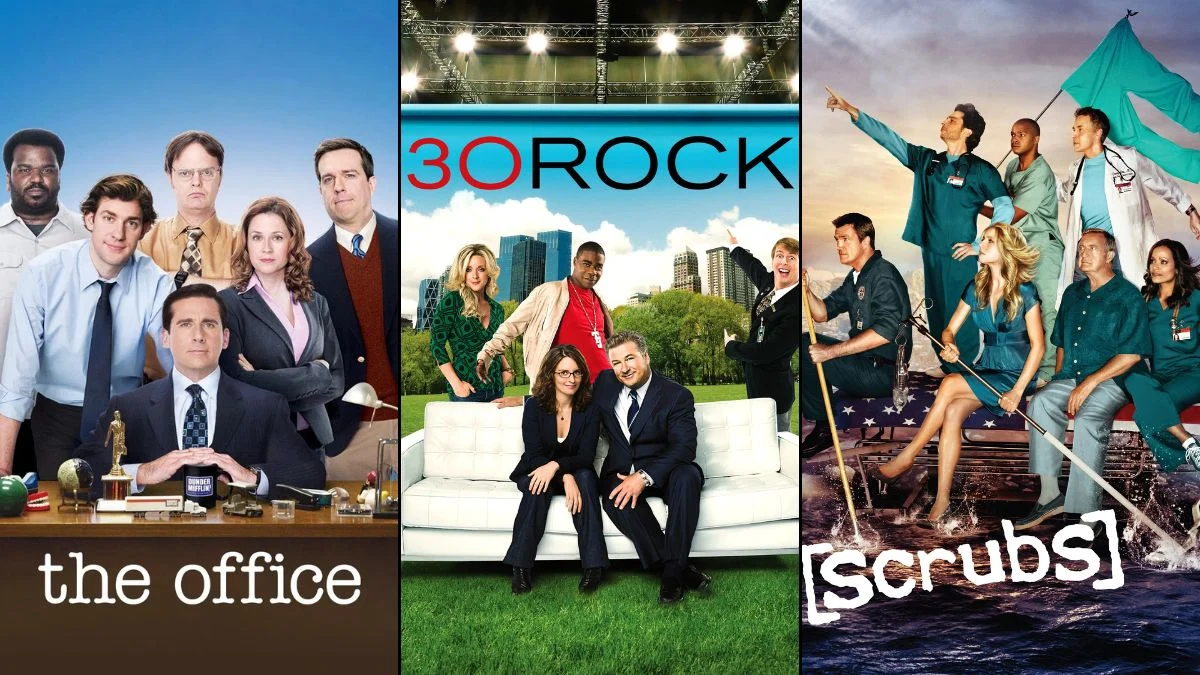
TV standards are always changing because viewers are now looking for stories that are more inclusive and respectful. Shows that used to be popular are now being criticized for episodes that contain racist depictions or offensive portrayals. Streaming services often deal with this by either taking those episodes down or adding warnings to let viewers know the content includes harmful stereotypes. Here are some shows that have faced strong reactions after viewers reconsidered how they presented race and ethnicity.
‘Roseanne’ (1988-2018)
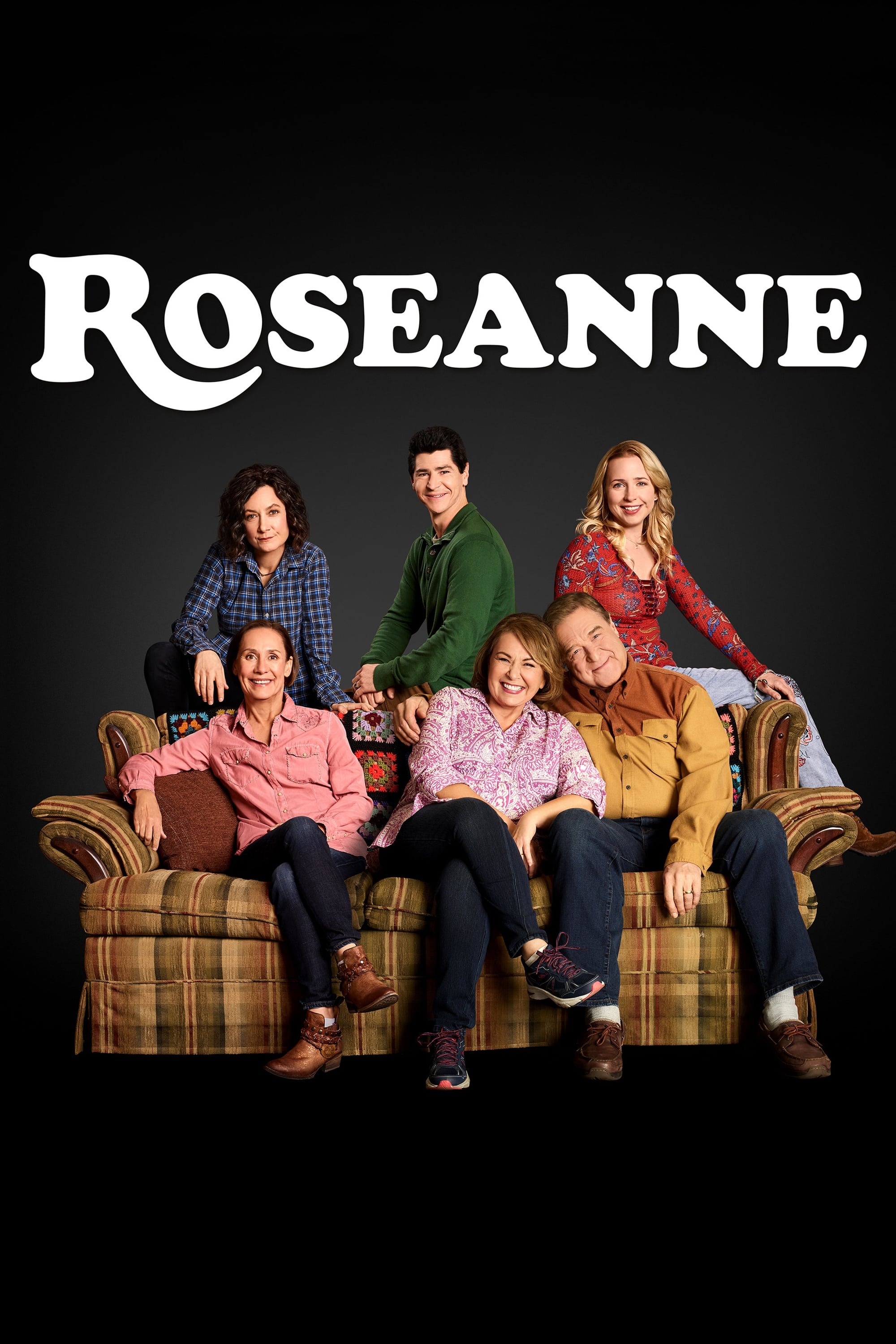
The recent reboot of the popular sitcom was a huge hit initially, but was quickly cancelled after Roseanne Barr, the lead actress, posted a racist tweet about a former official. The network, ABC, called the tweet deeply offensive and not in line with their principles, leading to the show’s immediate cancellation. Eventually, the rest of the cast and crew returned for a new series, but the character played by Roseanne Barr was removed from the storyline.
’30 Rock’ (2006–2013)
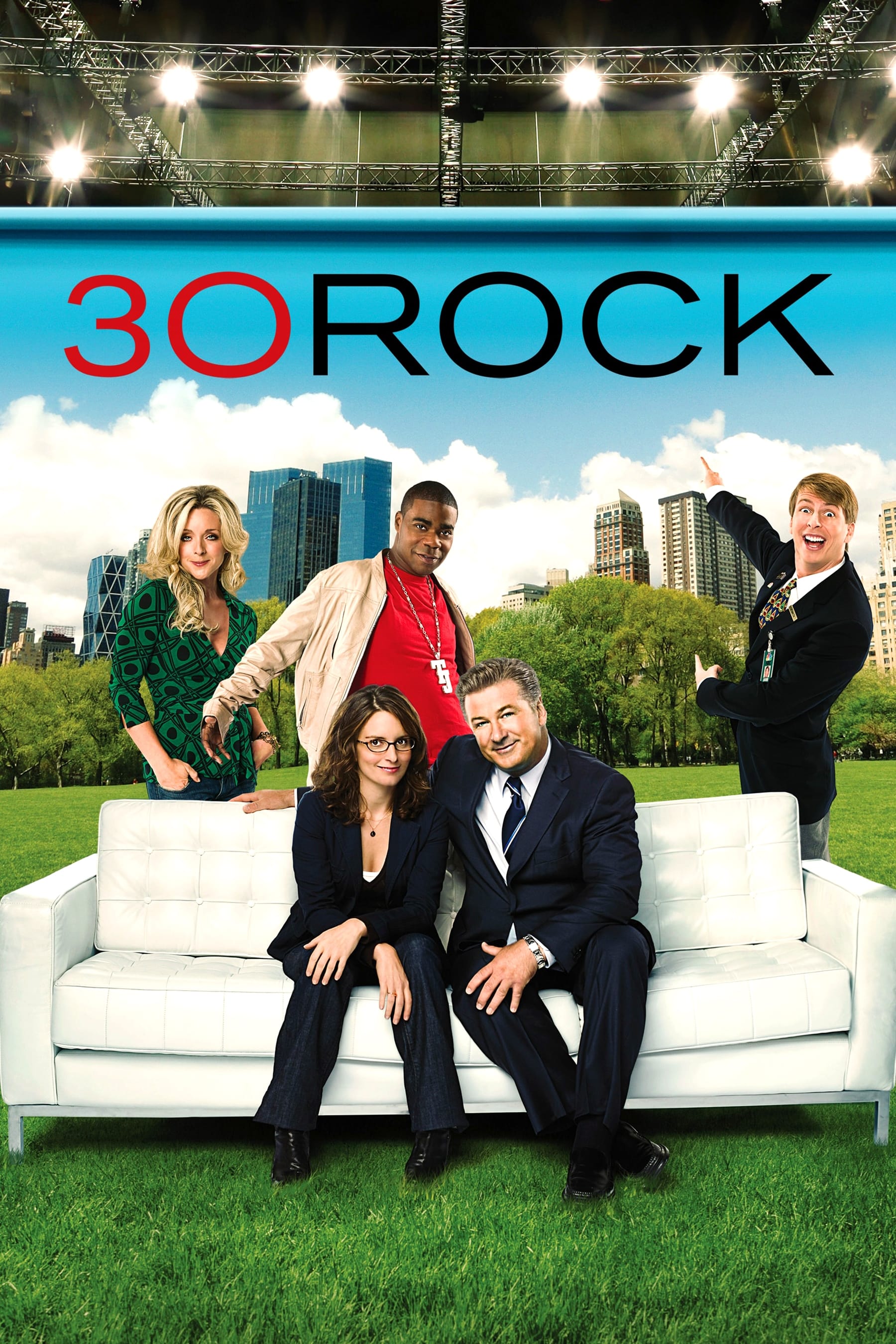
Tina Fey and the show’s producers asked for four episodes to be taken off streaming platforms because they contained blackface. One storyline showed the character Jenna Maroney wearing dark makeup as part of a joke about a football player, and another featured Jon Hamm in blackface for a comedy sketch. Fey apologized for the hurt these scenes caused, explaining that even though the intention was satire, the way it was done was unacceptable.
‘The Office’ (2005–2013)
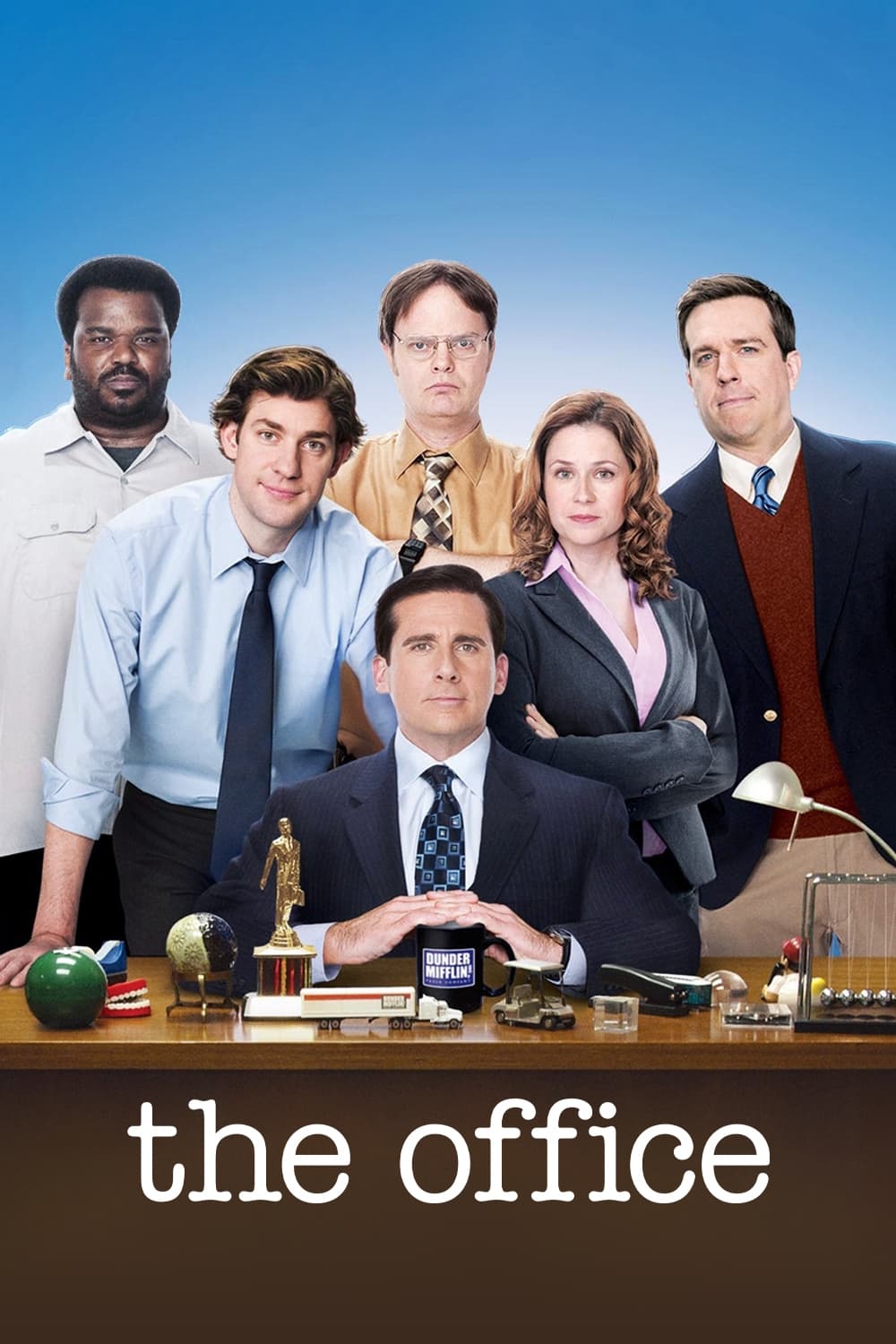
The popular show, known for its mockumentary style, removed a scene from the episode ‘Dwight Christmas’ due to concerns about its depiction of racial stereotypes. The scene featured a character wearing blackface as part of a tradition similar to the European figure of Zwarte Piet. While the show’s creator, Greg Daniels, explained the original intent was to poke fun at a character’s lack of awareness, he ultimately decided to remove the scene from streaming versions to avoid reinforcing harmful stereotypes.
‘Community’ (2009–2015)
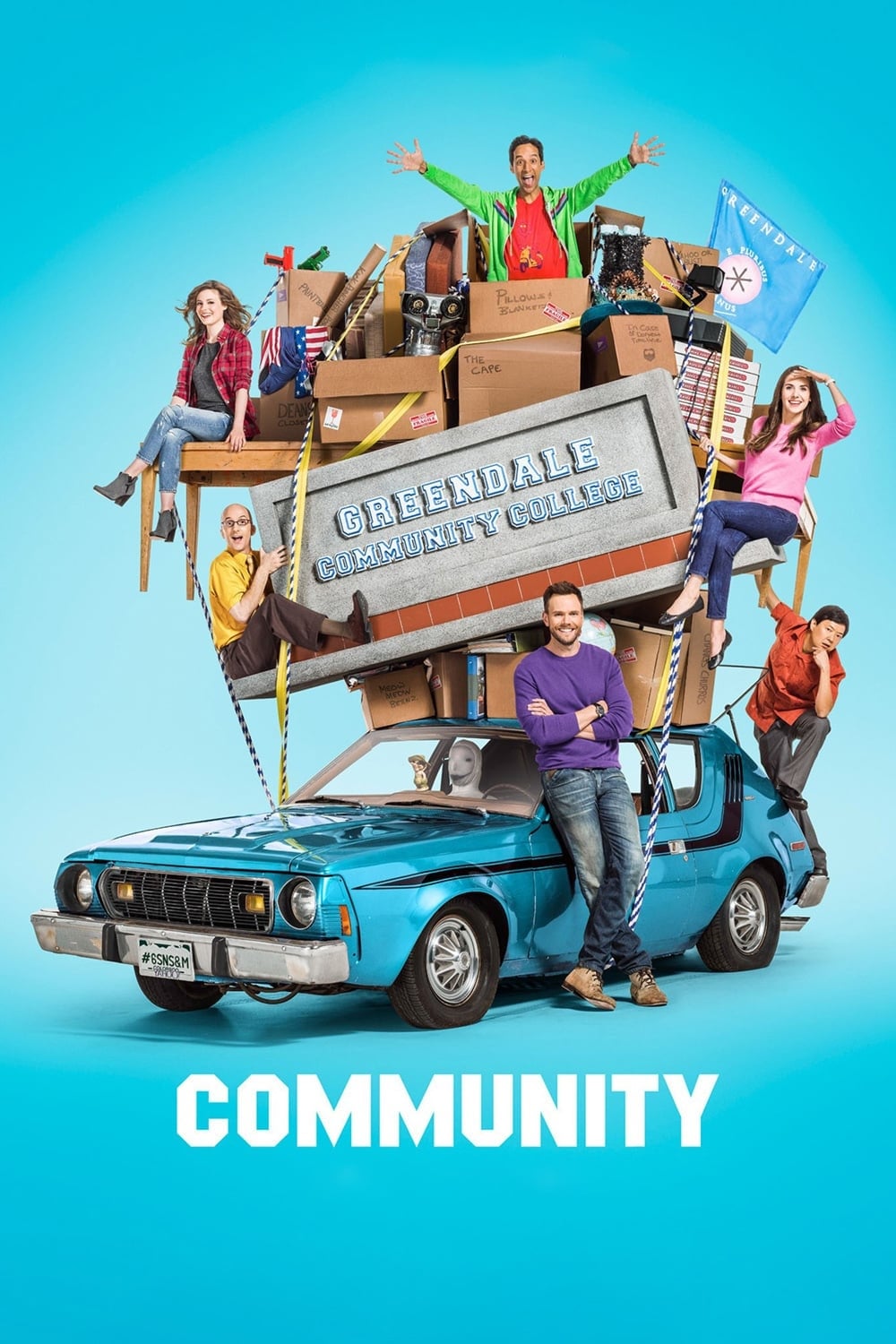
Netflix and Hulu took down an episode of ‘Community’ featuring Ken Jeong due to a scene where his character, Ben Chang, dressed up as a dark elf for a Dungeons & Dragons game. He wore dark makeup and a white wig. The show’s creators said the joke was meant to show the character’s cluelessness, not to be racially insensitive. However, the decision to remove the scene sparked debate among viewers and critics, who questioned if it was truly necessary considering the fantasy setting.
‘Scrubs’ (2001–2010)

Bill Lawrence, the creator of the show, has apologized for and removed three episodes that included scenes of characters in blackface. These scenes included Zach Braff’s character, J.D., wearing dark makeup in a fantasy sequence exploring identity, and Sarah Chalke’s character, Elliott, seeing herself as a different race in a mirror. Lawrence explained that he didn’t want the show to perpetuate harmful stereotypes and agreed with the decision to remove the problematic content.
‘It’s Always Sunny in Philadelphia’ (2005–Present)
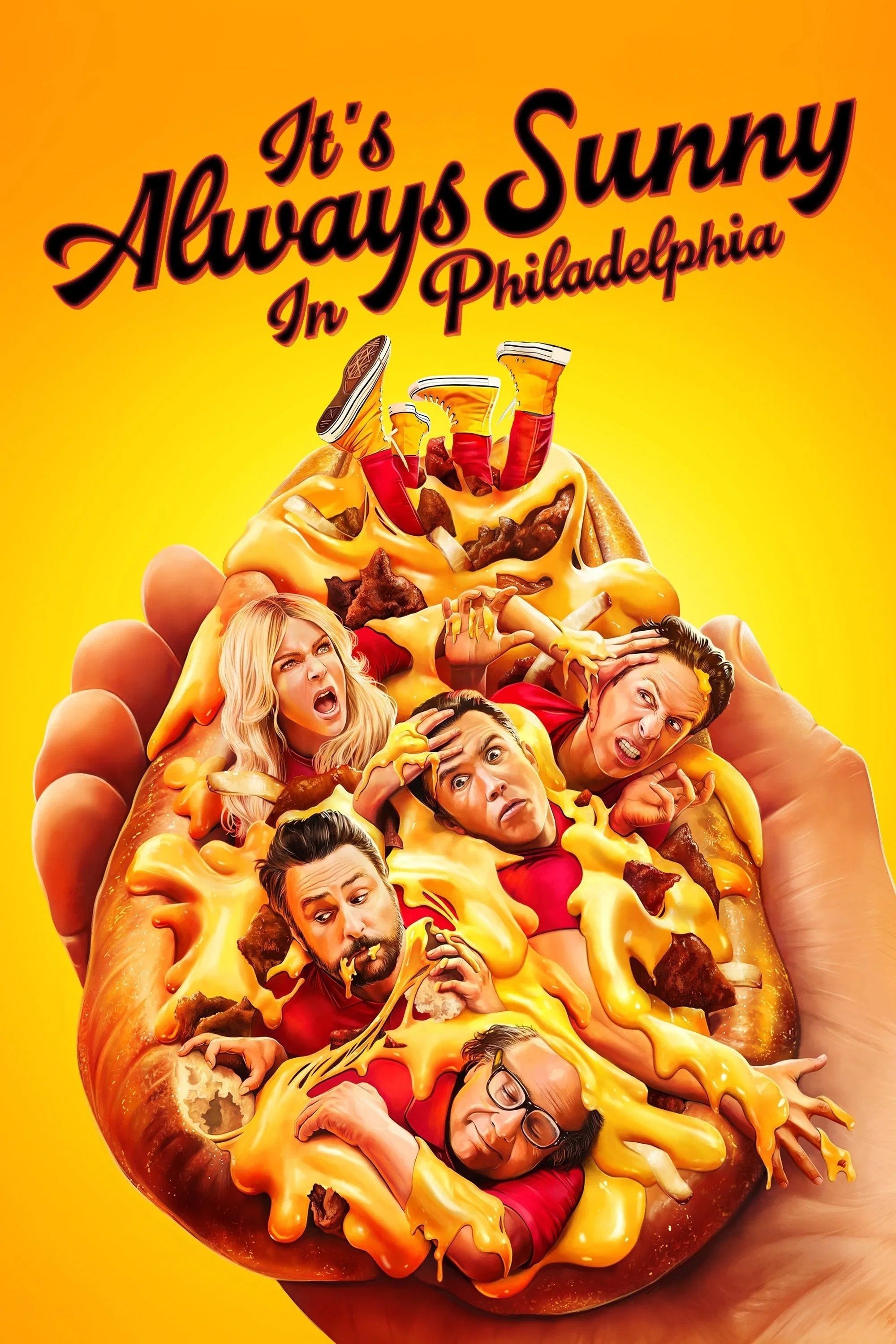
Five episodes of a comedy show were removed from streaming platforms because they featured blackface and relied on harmful racial stereotypes. While the show often portrays its characters as flawed and immoral, some scenes were considered excessively offensive. These included episodes where the characters made their own versions of the ‘Lethal Weapon’ movies and used makeup to portray different races. The show’s creators have apologized for these choices and acknowledged the controversy they caused.
‘Little Britain’ (2003–2006)
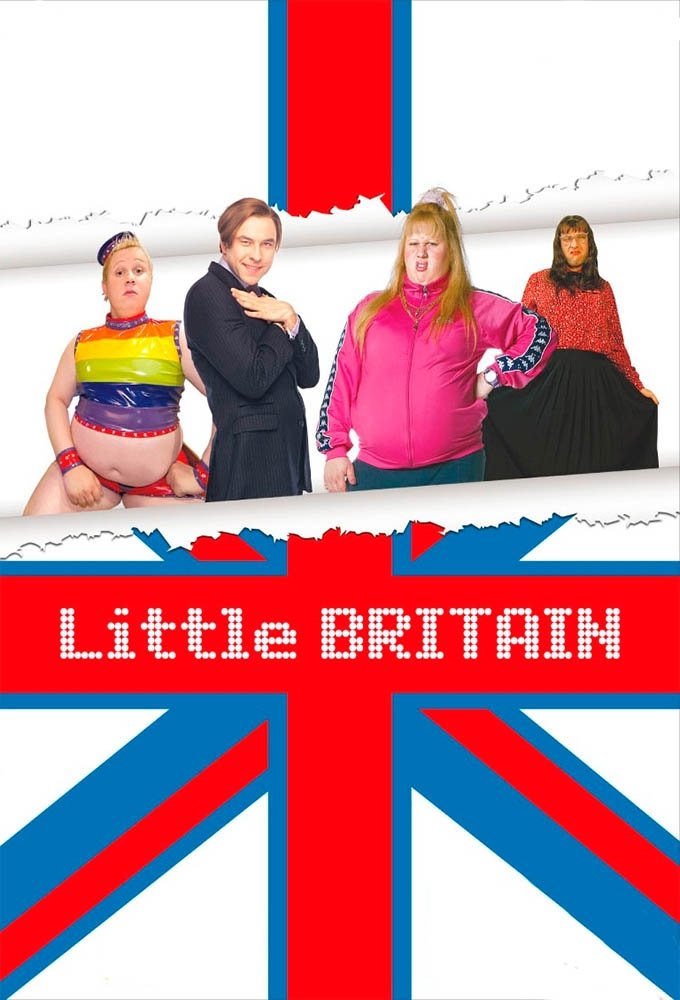
The BBC took down a comedy series from its streaming service after people complained about its use of blackface. The show’s stars, David Walliams and Matt Lucas, often played characters from different ethnic backgrounds using a lot of makeup and prosthetics. Walliams specifically played a character named Desiree DeVere while wearing full blackface makeup and costume. The creators have since apologized for these portrayals, saying they understand those jokes wouldn’t be made today.
‘The Simpsons’ (1989–Present)
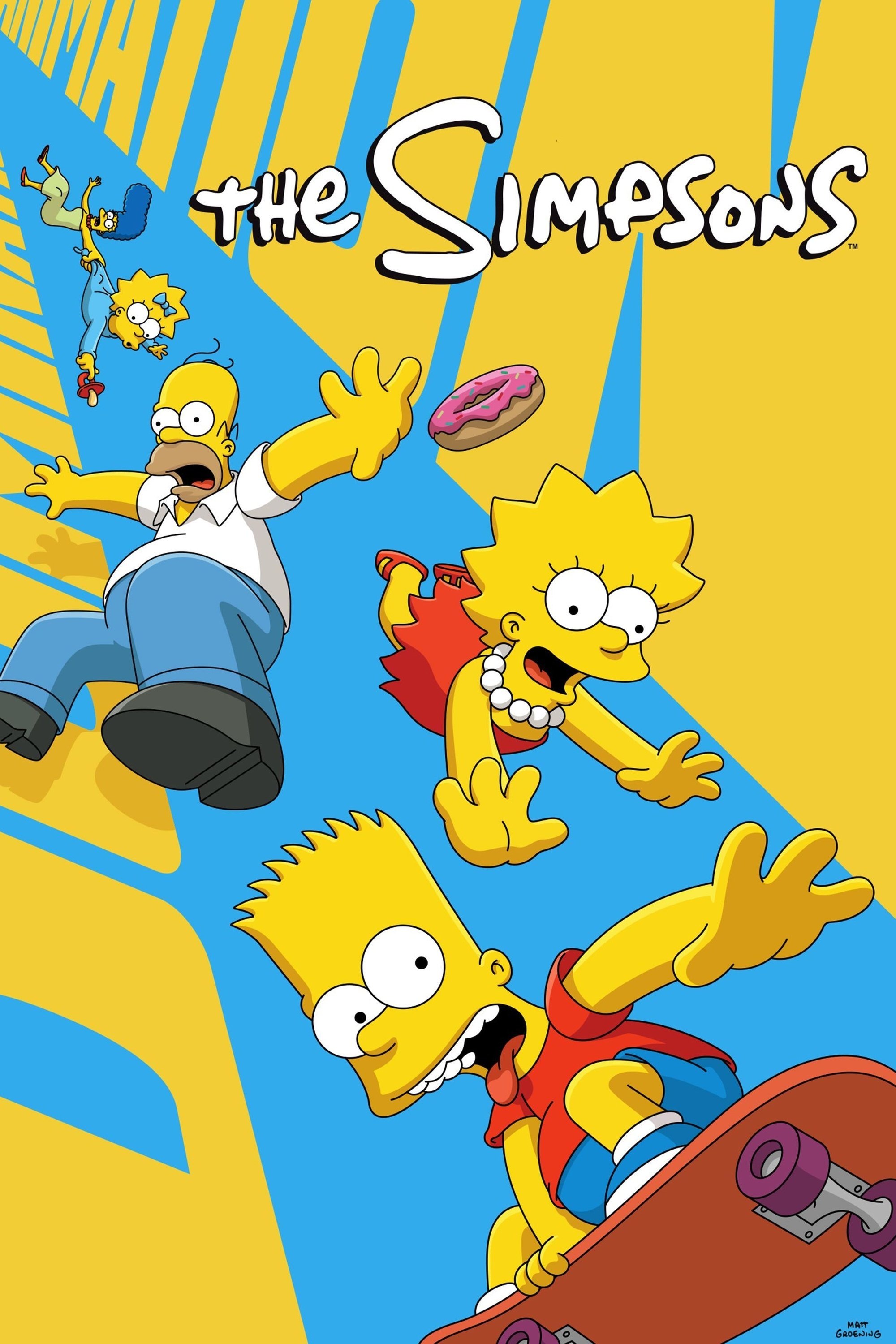
The popular animated show faced criticism over its portrayal of the character Apu Nahasapeemapetilon. A documentary by comedian Hari Kondabolu, called ‘The Problem with Apu,’ highlighted how the character reinforced negative stereotypes about South Asians. After hearing concerns from the Indian-American community, Hank Azaria, who voiced Apu, decided to stop doing so. As a result, the show’s producers have changed their policy to ensure that actors of color voice characters of color.
‘How I Met Your Mother’ (2005–2014)
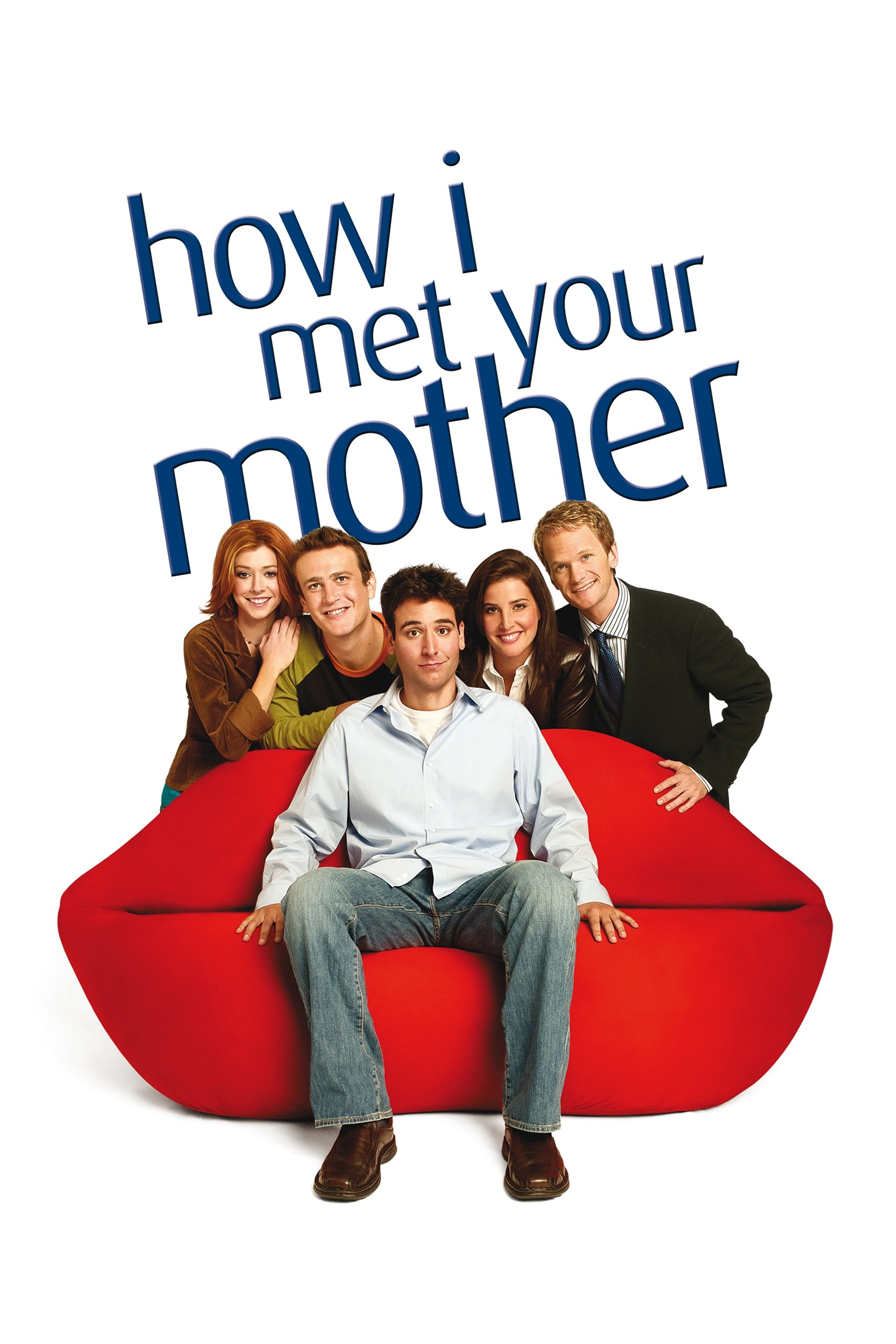
The ‘Slapsgiving 3: Slappointment in Slapmarra’ episode quickly received criticism for its use of yellowface and harmful Asian stereotypes. The cast dressed up and used exaggerated accents to imitate characters from old kung fu films. The show’s creators apologized online, admitting their attempt to pay tribute was insensitive. For many viewers, this remains a regrettable moment in the show’s history.
‘South Park’ (1997–Present)
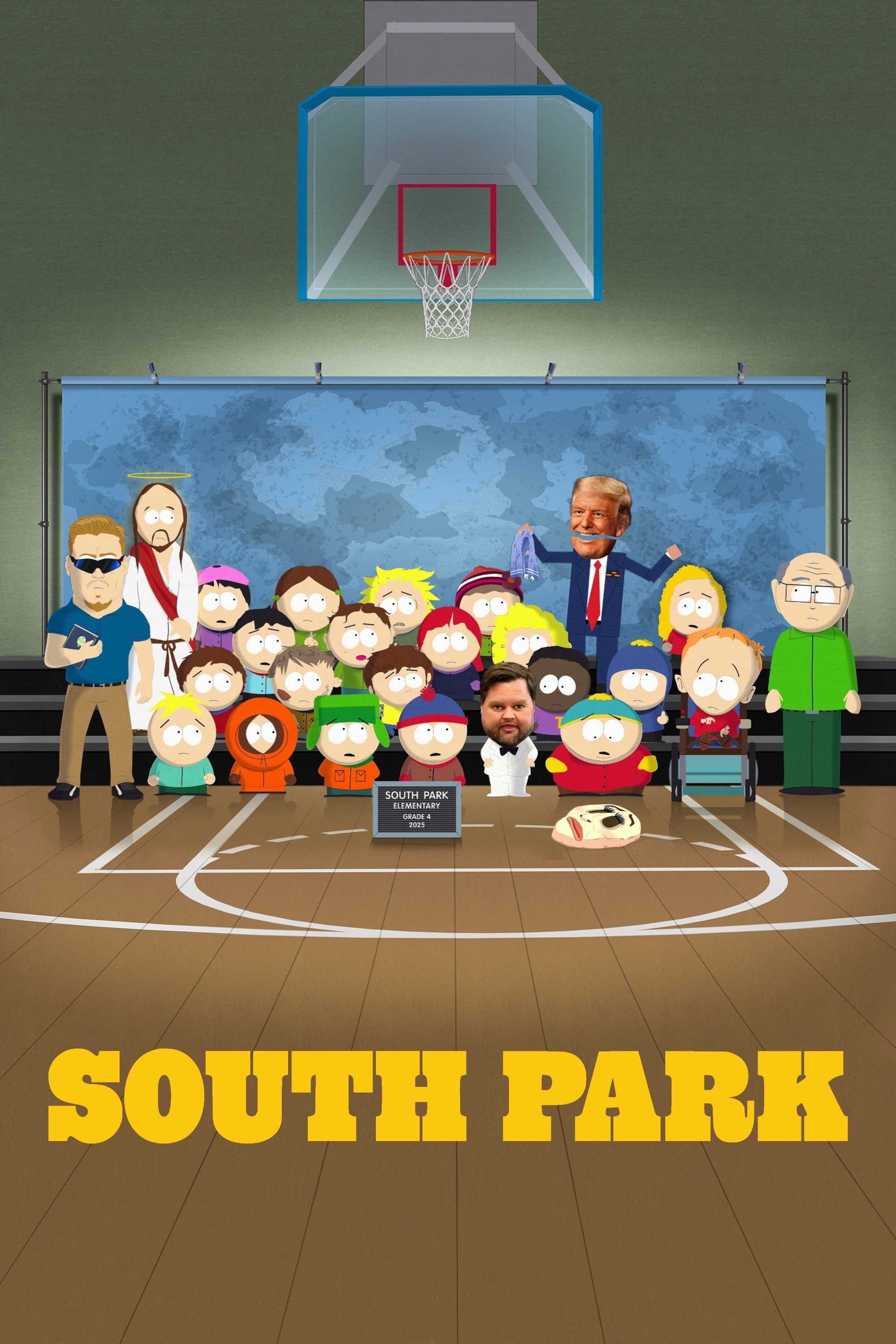
Five episodes of this animated comedy aren’t available on streaming platforms because they feature the prophet Muhammad or raised censorship concerns. Other episodes are now being re-examined for how they address race and the character of Token Black. The show intentionally tries to be offensive to everyone equally, but some jokes haven’t held up well with today’s audiences. The creators, Trey Parker and Matt Stone, have generally defended their work while recognizing that television standards have changed.
‘Mad Men’ (2007–2015)
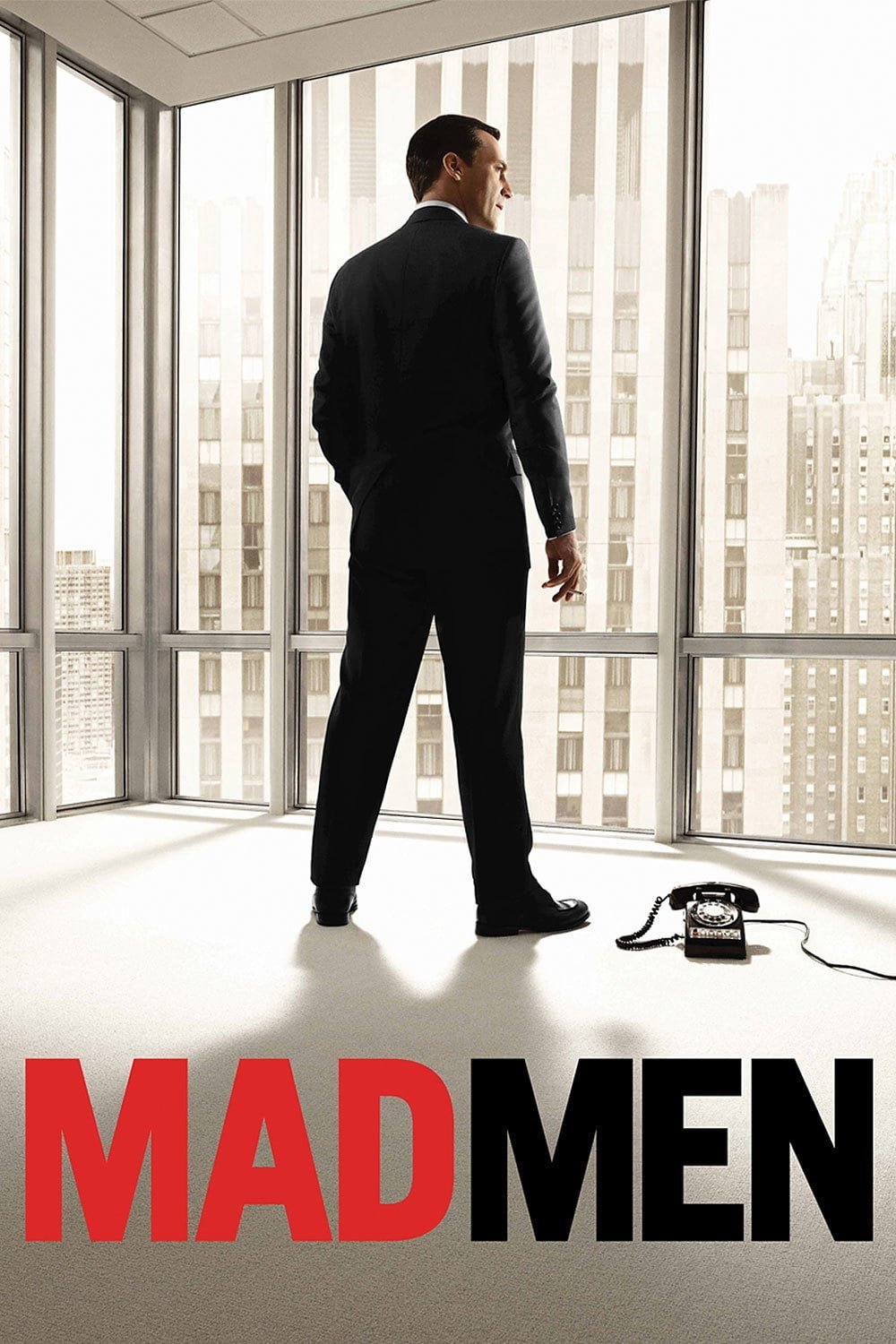
Lionsgate chose to add a warning message to the ‘My Old Kentucky Home’ episode instead of removing it. The episode includes a scene where a character performs in blackface, which some viewers see as a reflection of the racism common in the 1960s, not an approval of it. The warning helps modern audiences understand the historical context and why the scene might be upsetting without it.
‘Fawlty Towers’ (1975–1979)
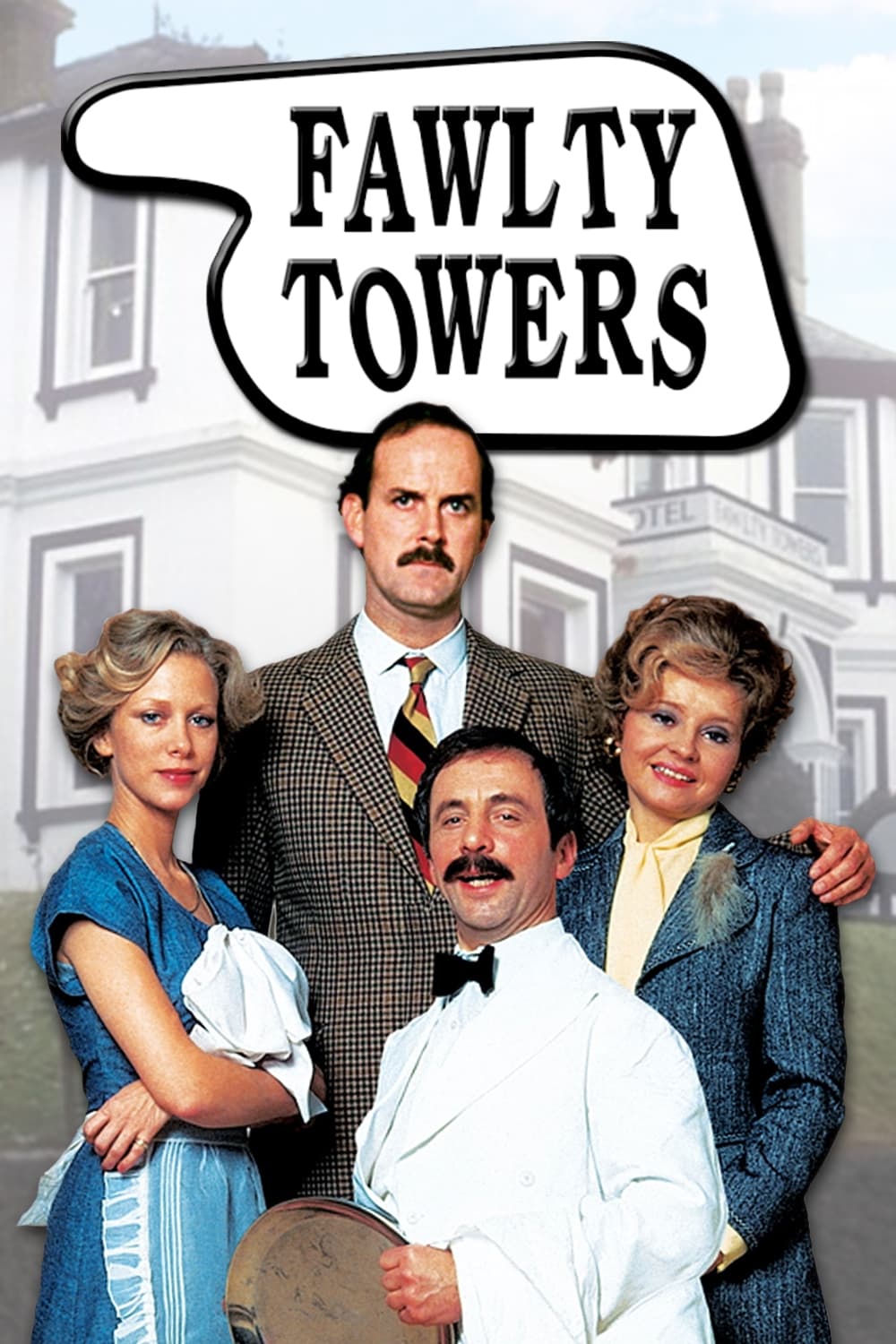
The episode ‘The Germans’ was briefly taken off streaming services in the UK because of racist language used by a character. John Cleese disagreed with this decision, explaining that the show was actually making fun of the character’s prejudiced views. The episode was later put back online with a disclaimer about potentially offensive content. This situation led to a larger discussion about how older TV shows should deal with portrayals of racism from the past.
‘The Mighty Boosh’ (2004–2007)
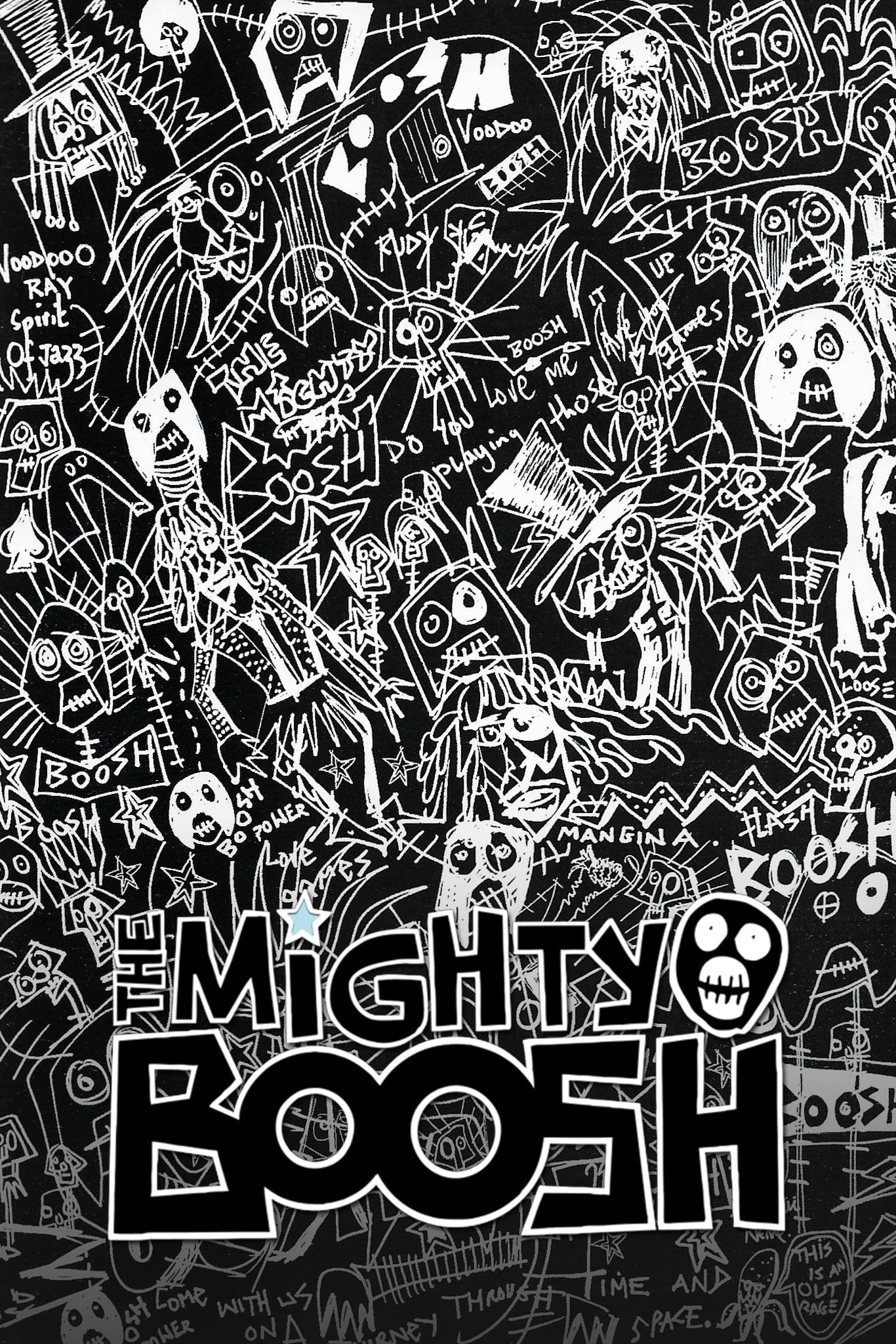
Streaming services removed episodes featuring the character The Spirit of Jazz due to the use of blackface makeup. Noel Fielding played the character as a supernatural entity but the visual design relied heavily on minstrel imagery. The surreal nature of the show did not shield it from criticisms regarding the appropriation of black culture. Fans remain divided on whether the character was a tribute to jazz legends or a caricature.
‘Peep Show’ (2003–2015)
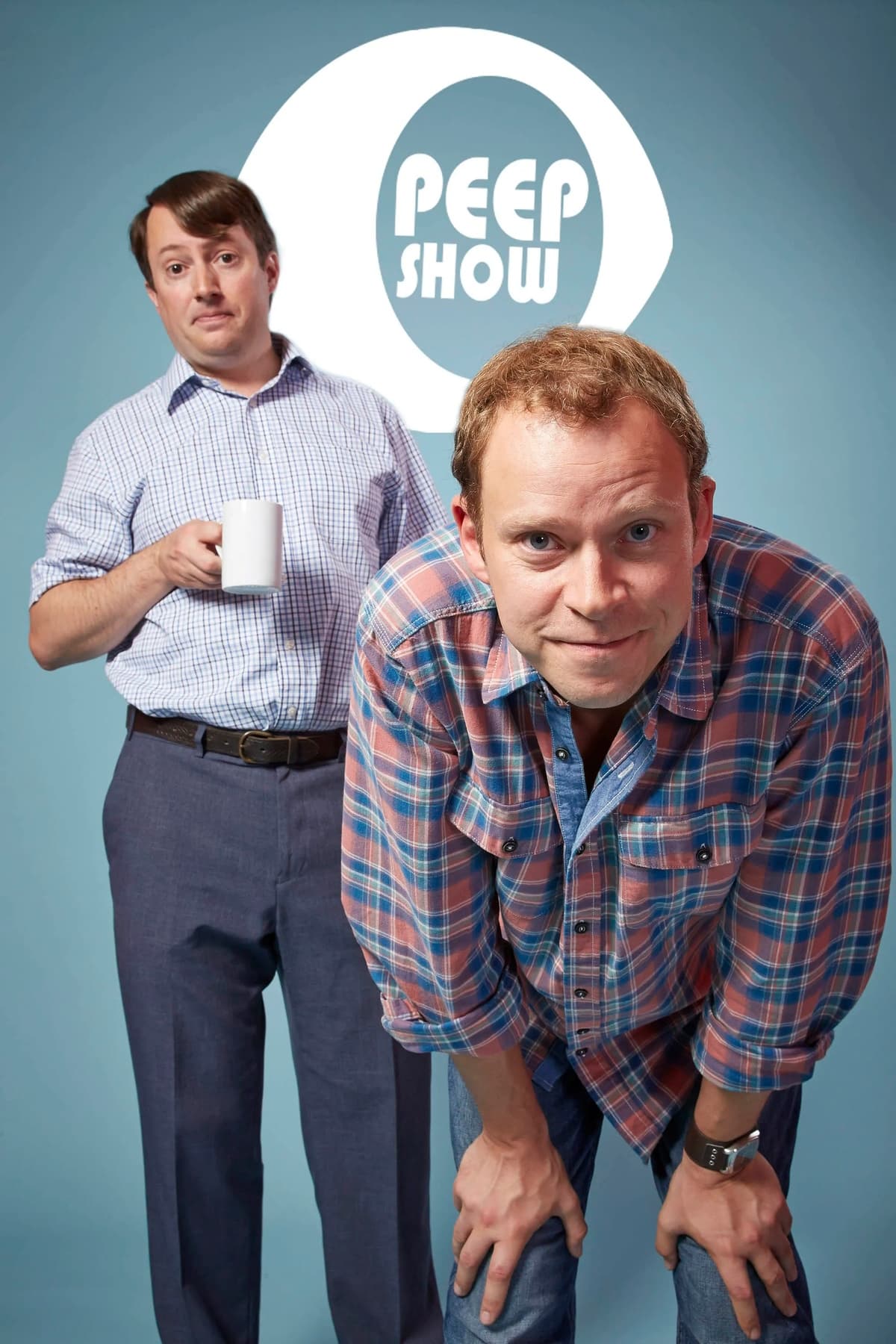
Netflix removed a scene from this British sitcom where the character Jez breaks social taboos by wearing blackface. The scene was intended to show the character’s stupidity and lack of boundaries as he attempts to impress a partner. The removal sparked conversation about whether intent matters when displaying racially charged imagery. The creators expressed surprise at the removal but accepted the platform’s decision to edit the episode.
‘The Golden Girls’ (1985–1992)
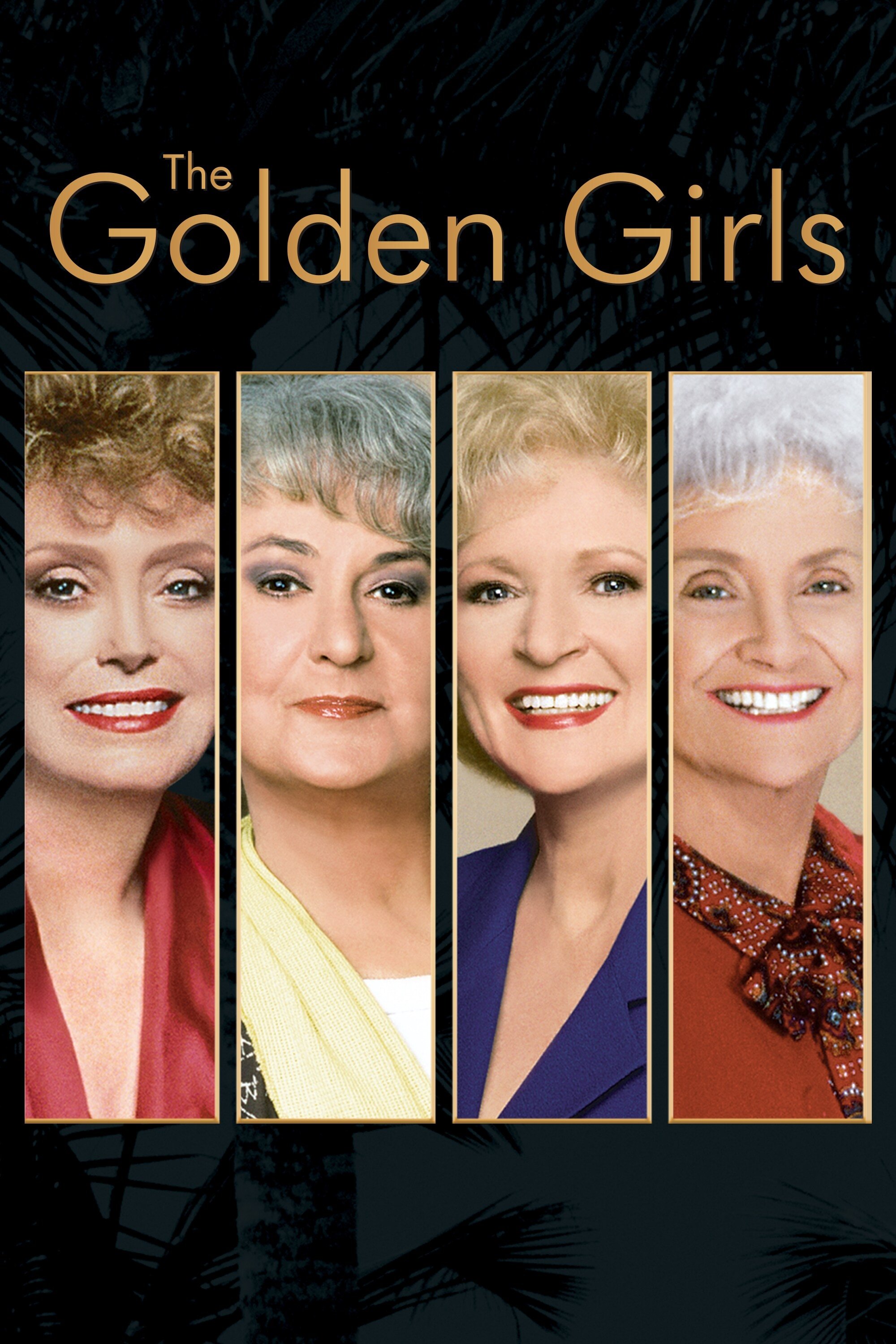
As a classic film and TV buff, I was pretty surprised when Hulu pulled the ‘Golden Girls’ episode ‘Mixed Blessings.’ Apparently, a scene where Rose and Blanche are wearing mud masks while greeting a Black family was seen by some as resembling blackface. There was a lot of debate about it – many argued the context was clearly about a spa treatment and not meant to be offensive. After a huge outcry from fans who felt the scene was taken out of context, Hulu thankfully put the episode back up. It just goes to show how sensitive things are and how important context can be!
‘Unbreakable Kimmy Schmidt’ (2015–2019)
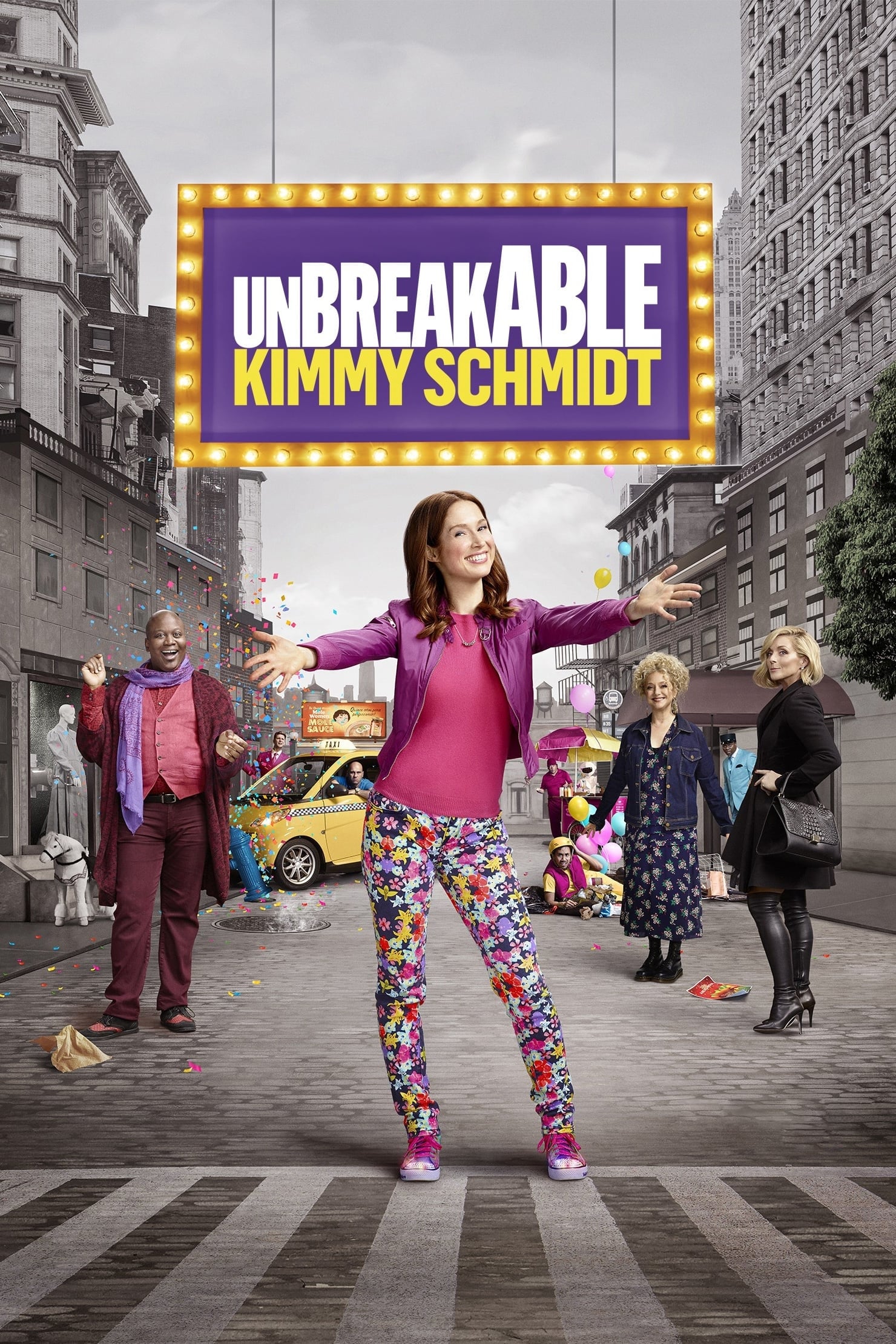
The comedy series sparked debate due to its portrayal of certain characters. Specifically, the casting of Jane Krakowski as a Native American woman pretending to be white was criticized for excluding Native American actors and reinforcing harmful stereotypes. Another episode faced backlash for its use of Asian stereotypes and imagery reminiscent of yellowface. While the show’s creator, Tina Fey, initially defended these choices, public conversations about the show have changed over time.
‘Glee’ (2009–2015)
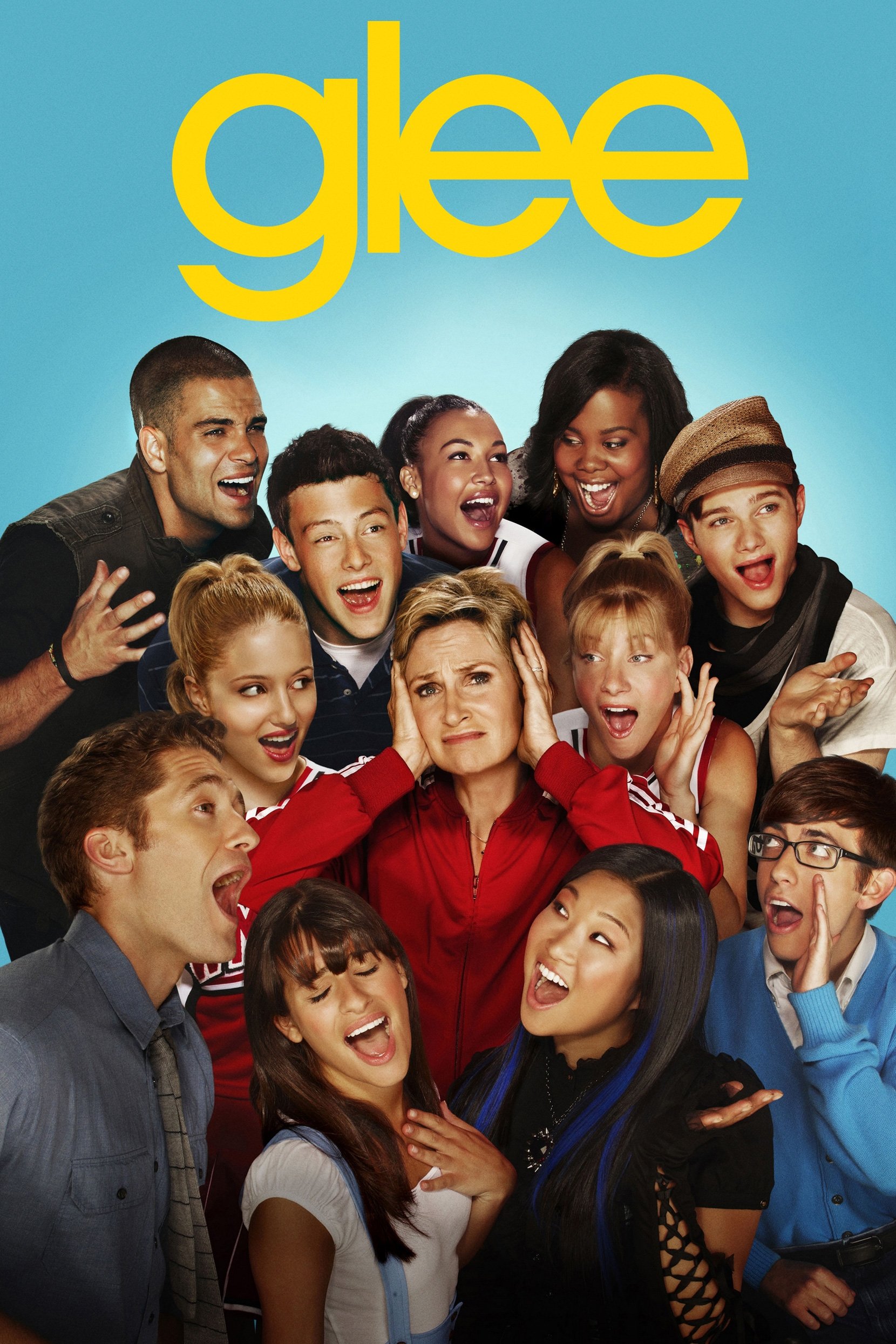
The show, while a musical comedy-drama, has been criticized recently for how it portrayed its diverse characters using outdated racial stereotypes. Characters like Mercedes and Santana were often reduced to predictable, one-dimensional roles, hindering their growth. A storyline involving a false pregnancy and jokes relying on Latino stereotypes also drew criticism. Many now feel the writing didn’t do justice to the talented actors of color who starred in the series.
‘2 Broke Girls’ (2011–2017)

The sitcom received immediate and ongoing criticism for its portrayal of Han Lee, the diner owner. The character was written using heavily flawed English and jokes that diminished his masculinity, reinforcing harmful stereotypes about Asian people. Both critics and viewers felt the humor was insensitive and outdated from the very beginning. Ultimately, the show’s constant use of racially insensitive jokes became how many people remembered the character.
‘Summer Heights High’ (2007)
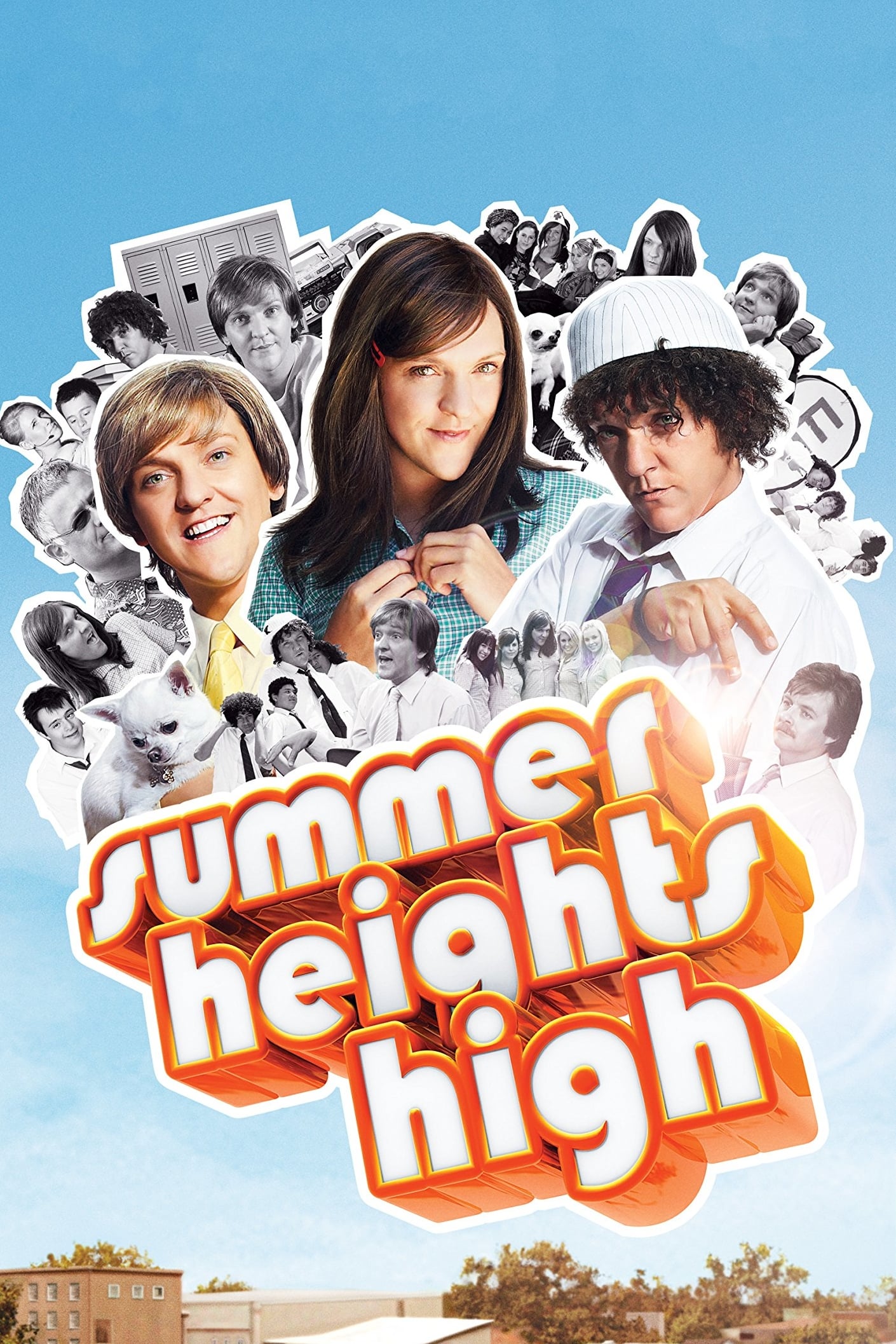
In the Australian mockumentary series, Chris Lilley used makeup to portray a Polynesian character named Jonah Takalua. This performance was criticized by Pacific Islander communities who felt it perpetuated negative stereotypes about young people from the islands. As a result, several streaming services have removed the series, along with other work by Lilley, from their platforms. The controversy sparked a debate about the line between satire and using the identities of marginalized groups for entertainment.
‘Come Fly With Me’ (2010–2011)
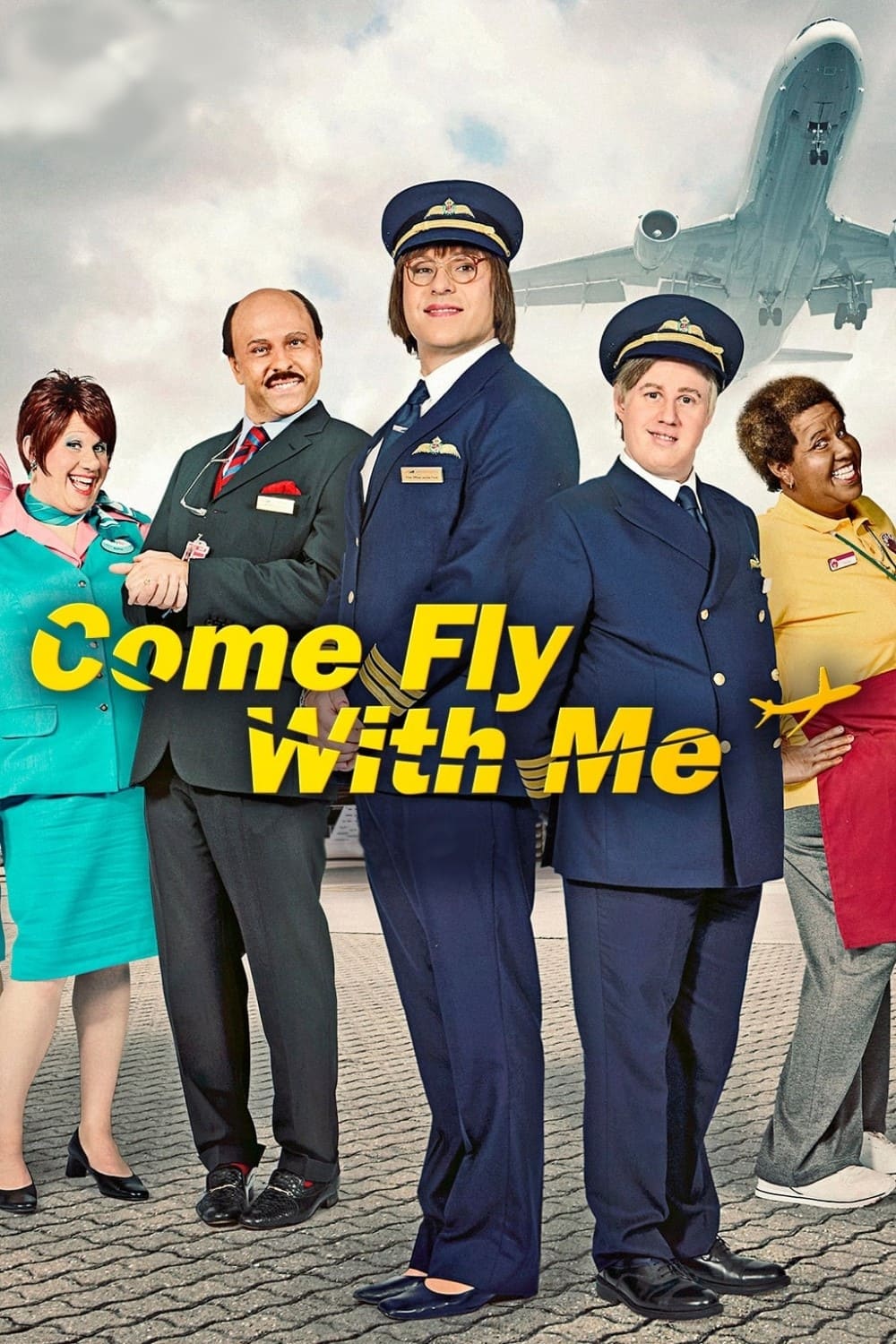
The comedy series created by Matt Lucas and David Walliams was taken down from several streaming services because of its frequent use of racial makeup – specifically, blackface and yellowface. The pair portrayed a wide range of characters themselves, including a Black woman named Precious and a Japanese fan. Using makeup to change their race is now considered inappropriate for television, and the creators have since apologized for any offense caused by their portrayals.
‘Sex and the City’ (1998–2004)
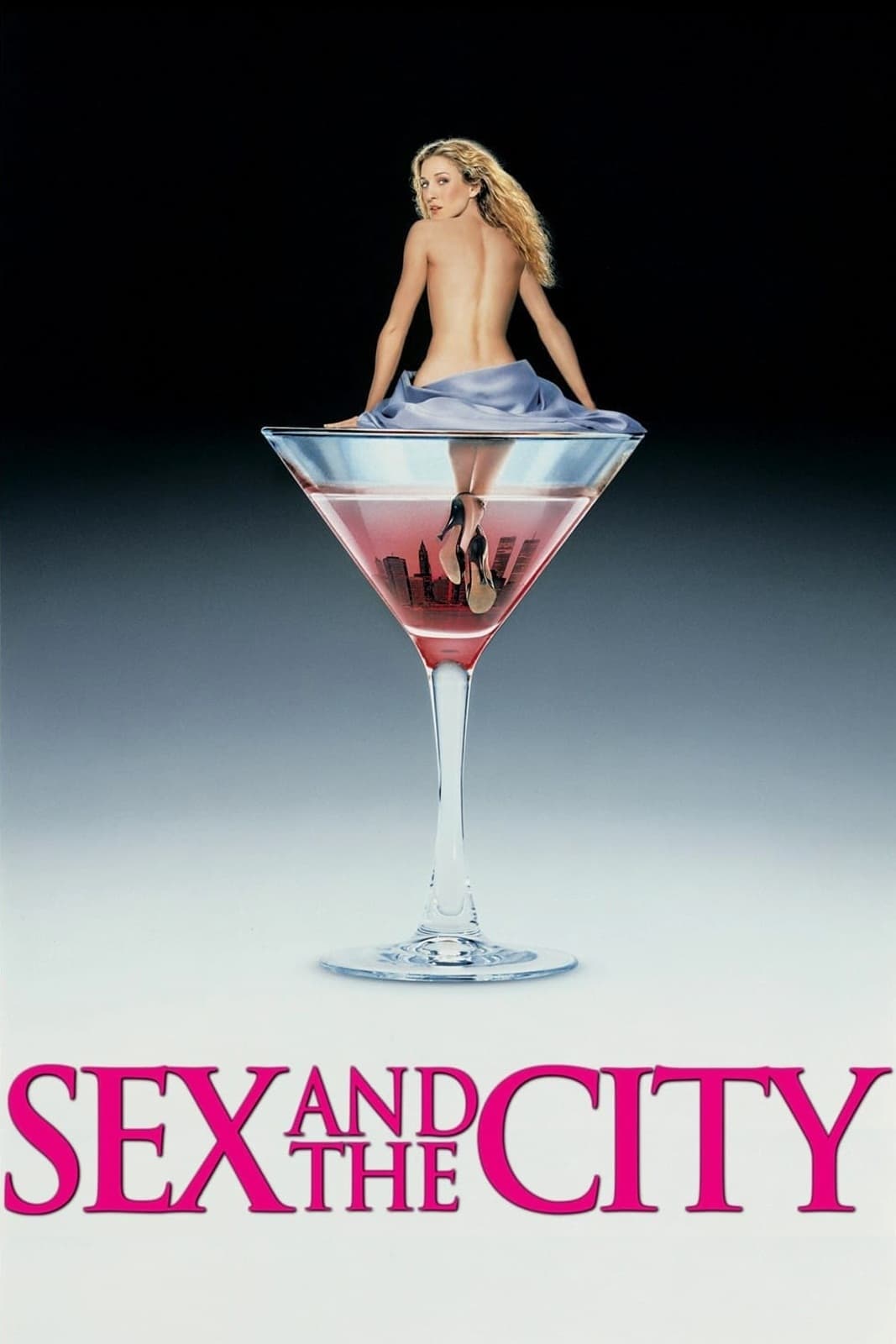
Many viewers today criticize the original series for not including enough diversity and for portraying race in a clumsy way. People of color were seldom seen, and when they were, they often existed only to support the stories of the white characters. A storyline where Samantha dated a Black music executive was particularly problematic, as it focused too much on his race. The recent remake tried to fix these problems by adding more diverse characters to the main cast.
‘Friends’ (1994–2004)
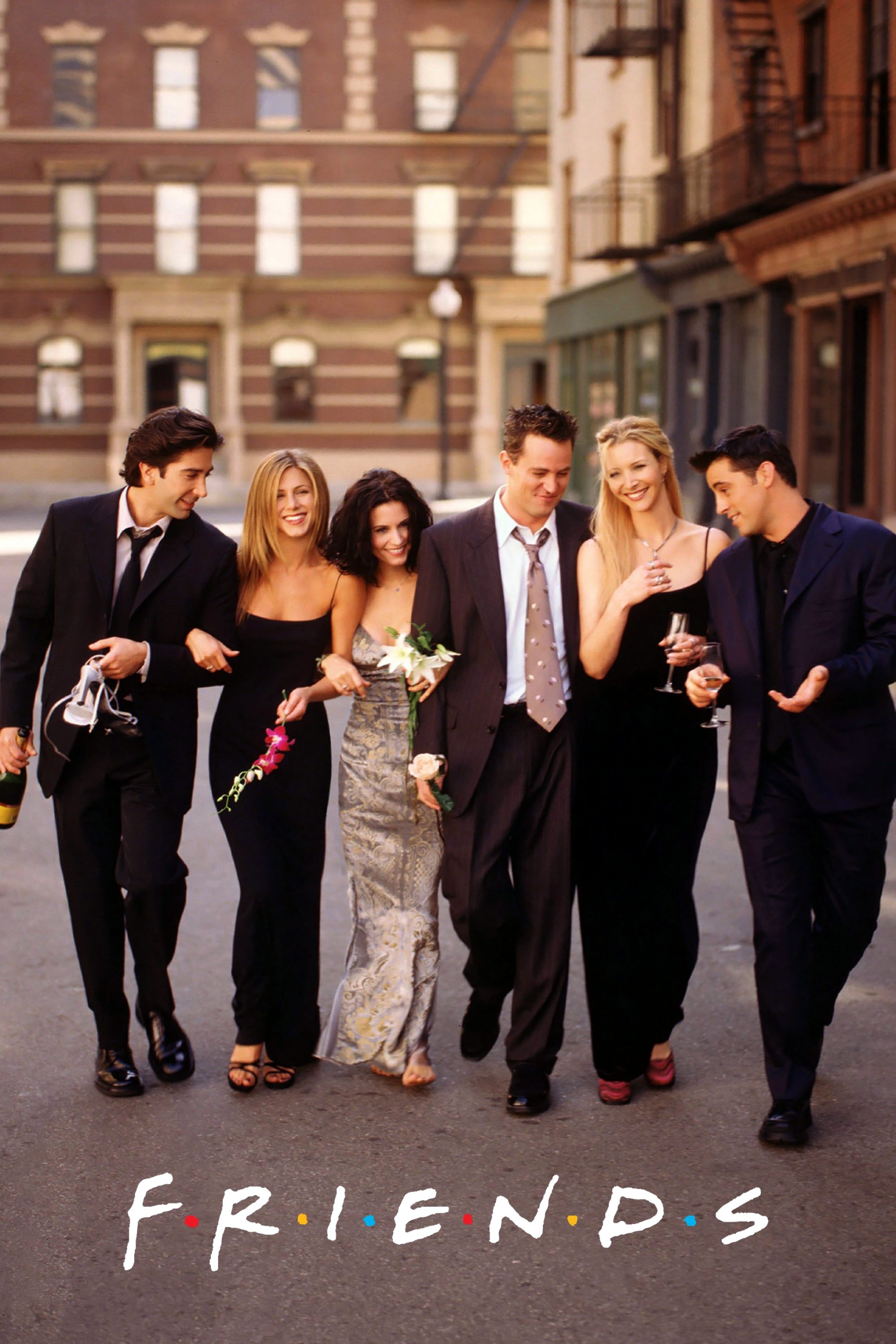
Marta Kauffman, one of the creators of the show, has said she now regrets that the main cast wasn’t more diverse. Even though the series was set in the diverse city of New York, people of color rarely had significant roles. Critics looking back at the show have pointed out that it showed a very unrealistic and overwhelmingly white view of city life. To address this, Kauffman has donated $4 million to support the study of African and African American history and culture.
‘Sherlock’ (2010–2017)
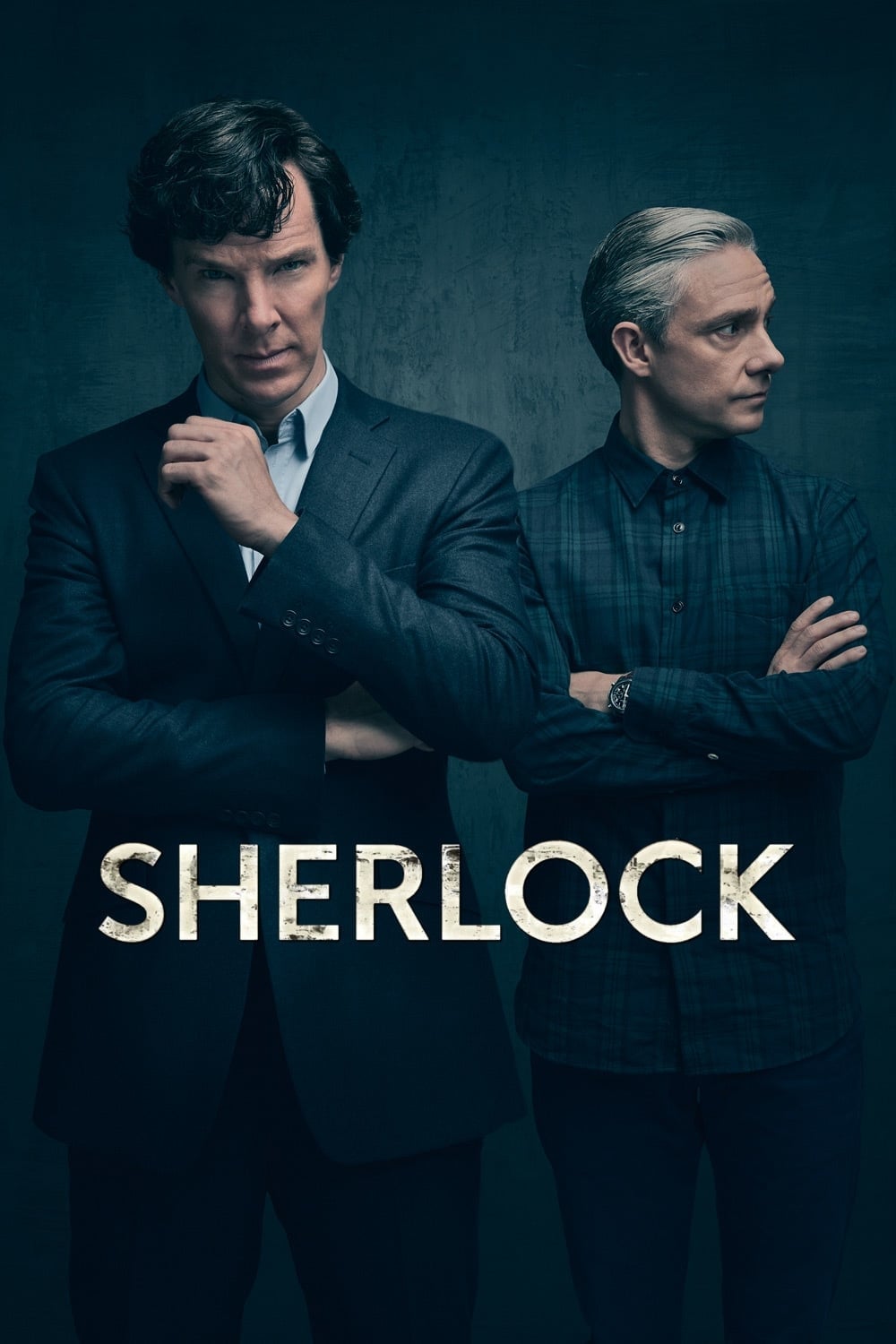
The ‘Blind Banker’ episode received significant criticism for its use of outdated and stereotypical depictions of Chinese culture. Many viewers felt the plot, which featured mystical gangs and dragon tattoos, resembled a colonial-era adventure story and didn’t fit a contemporary drama. Critics argued that the Asian characters lacked complexity and were portrayed simply as exotic dangers. The writers were accused of relying on tired clichés instead of creating a genuinely original mystery.
‘Family Guy’ (1999–Present)
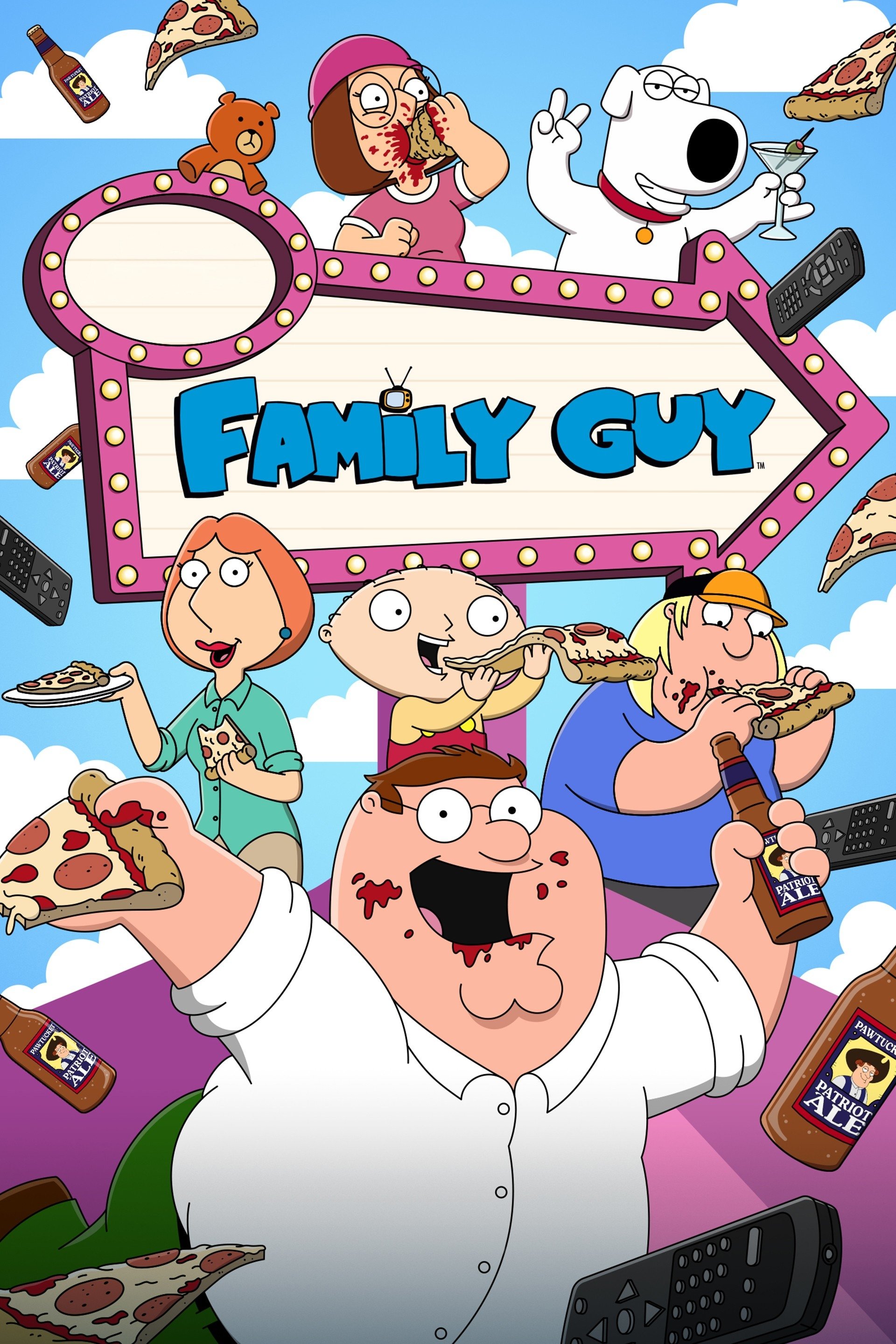
After the Boston Marathon bombing, the ‘Turban Cowboy’ episode of Family Guy was removed from television because it contained potentially upsetting material. The episode’s plot involved the character Peter Griffin acting as a terrorist and driving into a crowd of runners. More broadly, the show has frequently been criticized for using racial stereotypes in its quick, unrelated jokes. Many viewers feel the show relies too much on shocking humor, often at the expense of vulnerable communities.
‘Jonah from Tonga’ (2014)
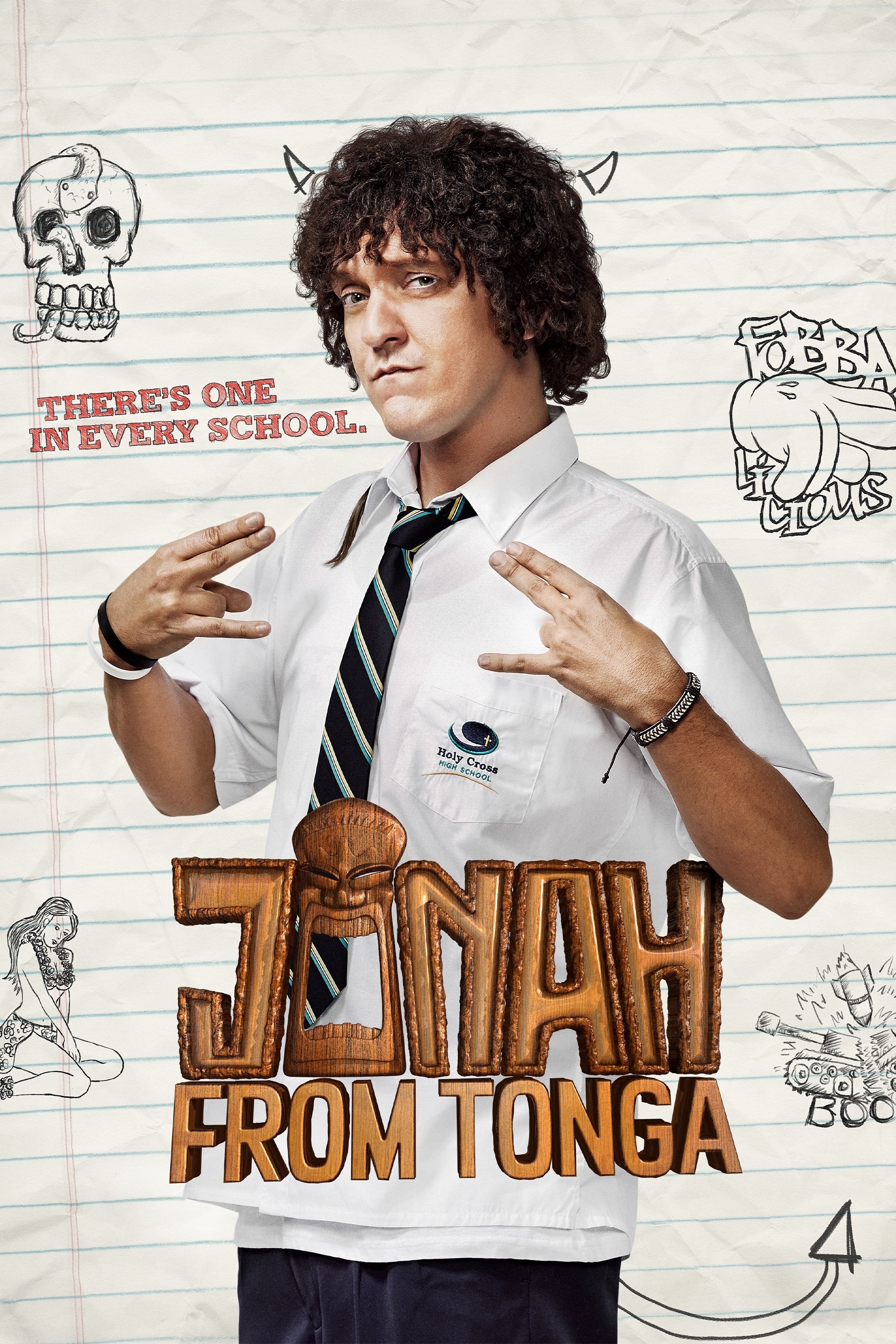
The show centered around the character Jonah Takalua, played by Chris Lilley using brownface. It was pulled from streaming services and television channels in New Zealand and internationally due to its hurtful portrayal of Tongan culture. This sparked criticism about white creators benefiting from making fun of minority groups. The removal of the show signaled a major change in how Australian TV handles comedy and representation of different cultures.
Share your thoughts on these controversial TV moments in the comments.
Read More
- 2025 Crypto Wallets: Secure, Smart, and Surprisingly Simple!
- Brown Dust 2 Mirror Wars (PvP) Tier List – July 2025
- Gold Rate Forecast
- Wuchang Fallen Feathers Save File Location on PC
- Banks & Shadows: A 2026 Outlook
- HSR 3.7 breaks Hidden Passages, so here’s a workaround
- The 10 Most Beautiful Women in the World for 2026, According to the Golden Ratio
- Gemini’s Execs Vanish Like Ghosts-Crypto’s Latest Drama!
- QuantumScape: A Speculative Venture
- Netflix Co-CEO Ted Sarandos Urges DC to Expand TV Projects Like ‘The Penguin’ After Warner Bros. Acquisition
2025-11-27 07:47